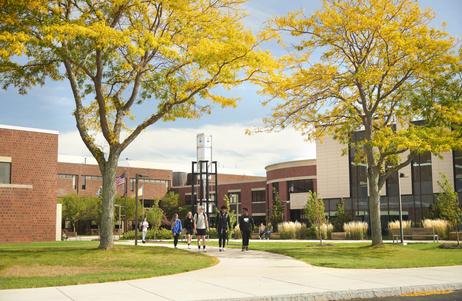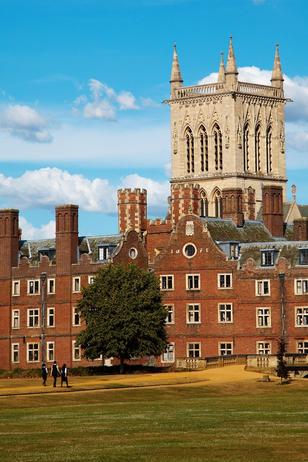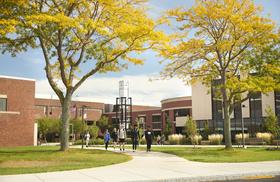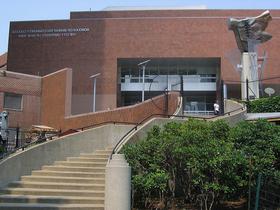What Does the Future of Community College Look Like in 2025?
The COVID-19 pandemic inflicted jolts across American higher education. Community colleges, in particular, felt the shock acutely: enrollment declines, shifts to remote learning, and rising student needs. But as we enter 2025, the sector is adapting. What does the post–COVID future truly look like for community colleges? In this updated analysis, we explore enrollment trends, cost pressures, new program models, technology adaptation, equity and student support, and what it means for students, families, and educators
.
Enrollment Trends and Demographics
One of the most visible impacts of the pandemic was the sustained drop in enrollment at two-year institutions. As of Fall 2024, U.S. undergraduate enrollment was about 19.28 million — down 8.4 percent from its 2010 peak.Community and technical colleges bore a disproportionate share of that decline.
However, 2025 has brought signs of adaptation and modest recovery. According to Six Community College Trends to Watch in 2025, credential awards rose by 10.3 percent in spring 2024 compared with the previous year, signaling renewed student interest in shorter, more targeted credentials.Many community colleges now report stabilized or slowly increasing headcounts in certificate and workforce programs, even if traditional degree enrollment remains muted.
Key demographic shifts include:
YOUnger learners, especially Gen Z, are increasingly adopting micro-credentials and stackable certificates rather than full two-year degrees. league.org
Adult learners and re-skilling populations, who





















